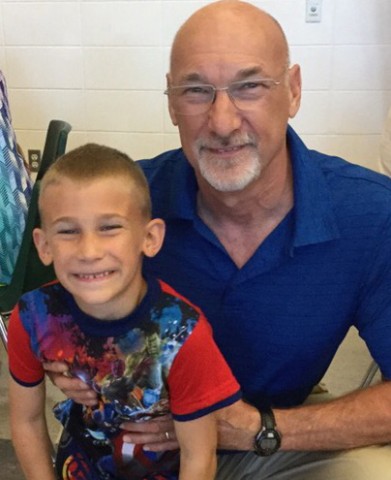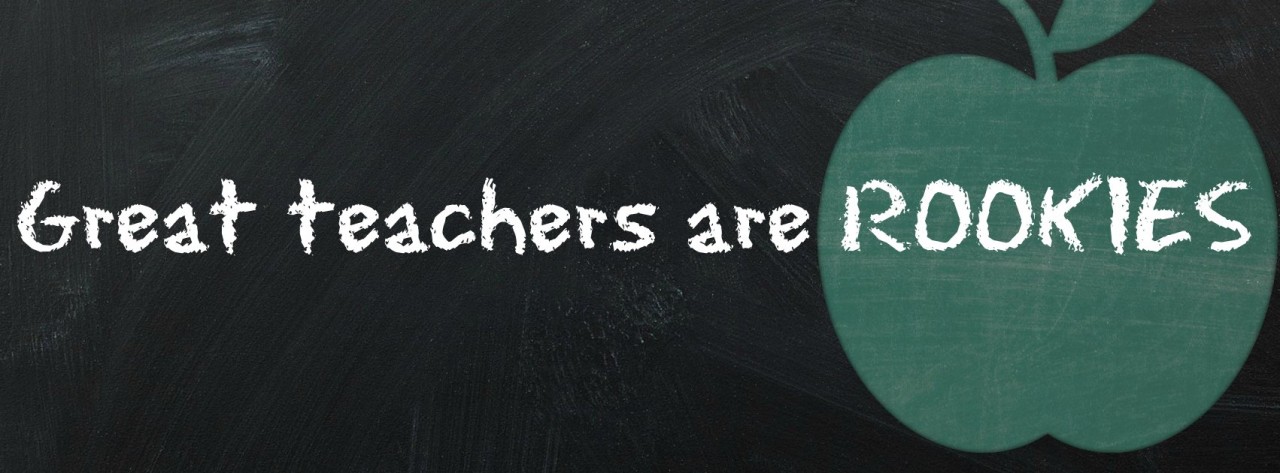Have you seen the photo of the fastest man in the world guiding a Paralympian with blindness while training for her own Olympic quest? Usain Bolt showed up for this event not knowing exactly how to guide (he worried he might run too fast--seems legitimate!) But he showed up, nonetheless, to guide Terezinha Guilhermina, a Brazilian sprinter competing in the 200 meter run.
This recent image in the news encapsulates the vision for educational teams working with students who have blindness and low vision in Indiana schools. We want students to achieve to their highest potential whether their race for the year is to complete AP World History, or learn how to cook some great Indian food like their mom. Many who might guide and teach them have similar worries as Usain, wondering,
“will I go too fast?”
“How do I share visual cues with someone who does not have sight?”
“How the heck does a student with blindness use an iPad?”
Because the particular disability of blindness occurs in such low incidence, many teachers may never have a child with this need in their classroom. Those that do, may never repeat the process. In my experience as a teacher for the blind and low vision, I witnessed a predictable emotional timeline for each school year for staff dealing with this particular new need in their classroom:

Starting with the initial fear phase, and gradually coming to a settling-in phase, and ending with the this-kid-with-blindness-is-just-a-kid-after-all phase. My career quest has become to find ways to pole vault over those first 6 weeks of freaking out--not an easy task, as folks have deep seated fears regarding blindness. So as fearless as Usain Bolt may seem, his hesitance to guide comes naturally.
The guidelines for being an effective running partner from the AFB (American Federation for the Blind) organization United in Stride apply in many ways to the races we are running with our students toward their educational, social, and expanded core curriculum goals.
Highlighting a few from their website:
- Let the runner set the pace.
- Communicate often.
- Be patient.
- Accept correction as a way to improve your guiding skills.
After making a connection, seek the resources available for answering the questions about visual cues, access, and iPads. In addition to your local teacher for the blind and low vision who will be your point person for accommodating your student’s needs, PATINS has added my position as specialist to help teams sort through, and implement the amazing advancements in technology available for students with visual needs. I’m excited to be your coach for pole vaulting over the fear, sprinting past the fear, wrestling fear to the ground (insert your favorite sports analogy here).
We’ve got some exhilarating races ahead of us!




